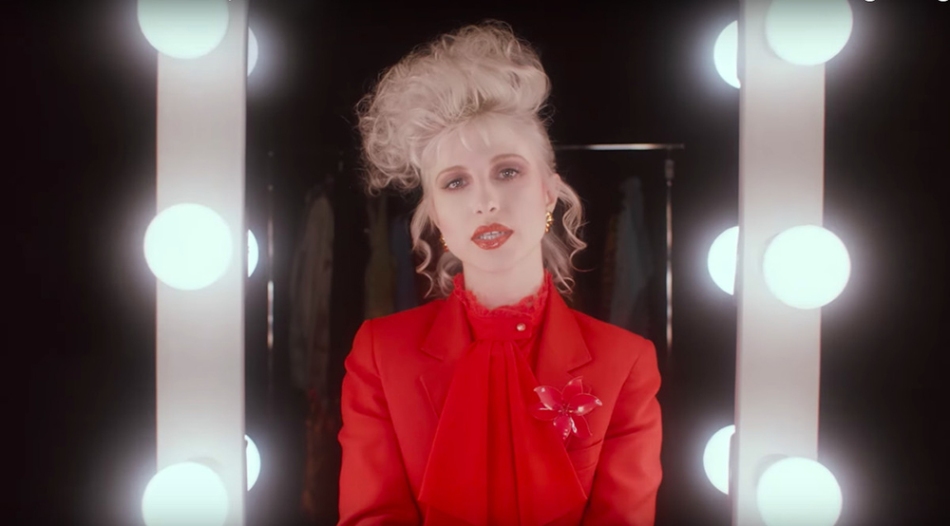I put on the record. A scratchy sonic thud signals the beginning of a ritual. The needle lands on the black circle and spins away, and Hayley Williams starts singing the line “Just let me cry a little bit longer / I ain’t gon’ smile if I don’t want to” from Rose Colored Boy, the fourth single off their fifth studio album “After Laughter” …
I felt that.
Let me explain.
I have been living with mental disorders for quite some time now, and to say that life has been difficult would be a gross understatement. I mean, just imagine waking up in the morning, feeling so empty and soulless you’d do anything — ANYTHING — just to feel something regardless of its place in the emotional spectrum. Imagine becoming so guarded that you end up questioning your own moments of happiness because, what if it’s just mania? Imagine a clock hanging over your head, its hands counting down the days and hours and minutes until your next breakdown. Imagine living in constant fear of the unknown.
But I digress: Paramore’s music has been a constant fixture in my life, ever since the time I first heard Pressure on the radio in my senior year of high school. Suffice to say, the band’s masterful lyricism and sincere, if at times raw, production made them the perfect soundtrack for almost every aspect of my life: “All We Know Is Falling” and “Riot” encapsulated the essence of my then-teenage self’s bouts with loneliness and frustration, as well as its moments of happiness; “Brand New Eyes” felt like a visceral distillation of my anger and fear; while their self-titled album allowed me to look at things (and life!) through a more mature lens.
Despite all of that though, I felt that Paramore was just going to be a band whose songs I would sing along to at the karaoke; that it’ll be a band I’d put on during long drives; that it won’t be anything other than a band that I’d listen to if I were to relive my teenage years.
“After Laughter” changed all of that.
A much-needed punch in the gut, “After Laughter” made me confront all of the guilt I’ve been feeling as someone living with mental disorders; it made me realize that (my brain’s chemical imbalances not withstanding) I am normal and that I have nothing to apologize for. It made me realize that there’s nothing wrong with wanting to cry my eyes out even when people say that all I need to do to silence my demons is to put on a smile and laugh. It made me realize that there’s no shame in being vulnerable and that acknowledging my imperfections doesn’t make me weak.
Listening to “After Laughter” became a form of catharsis for me: it made me expel all that was holding me back; it made me feel as though I had a friend telling me that everything will be alright; and that I am not alone in my struggle.
Lest you think everything’s fine and peachy, I’ll be the first to admit that no, I still have my bad days; I still have moments when I’d wake up as though I’ve puked my soul into a gaping void; and that I still go through hard times; Also, lest my shrink come for me, I have to admit that music isn’t a cure-all but goddammit, I’d be lying if I said it didn’t help.
I wish I could conclude this essay with a fairytale ending, that by some odd stroke of luck, I ended up meeting my heroes in the flesh. But I can’t, because I didn’t. I was busy working on a deck the night they came over to perform in Manila. It’s sad, I know. But I’m okay. There’s always next time.

0 comments on “How Paramore helped me come to terms with mental illness”